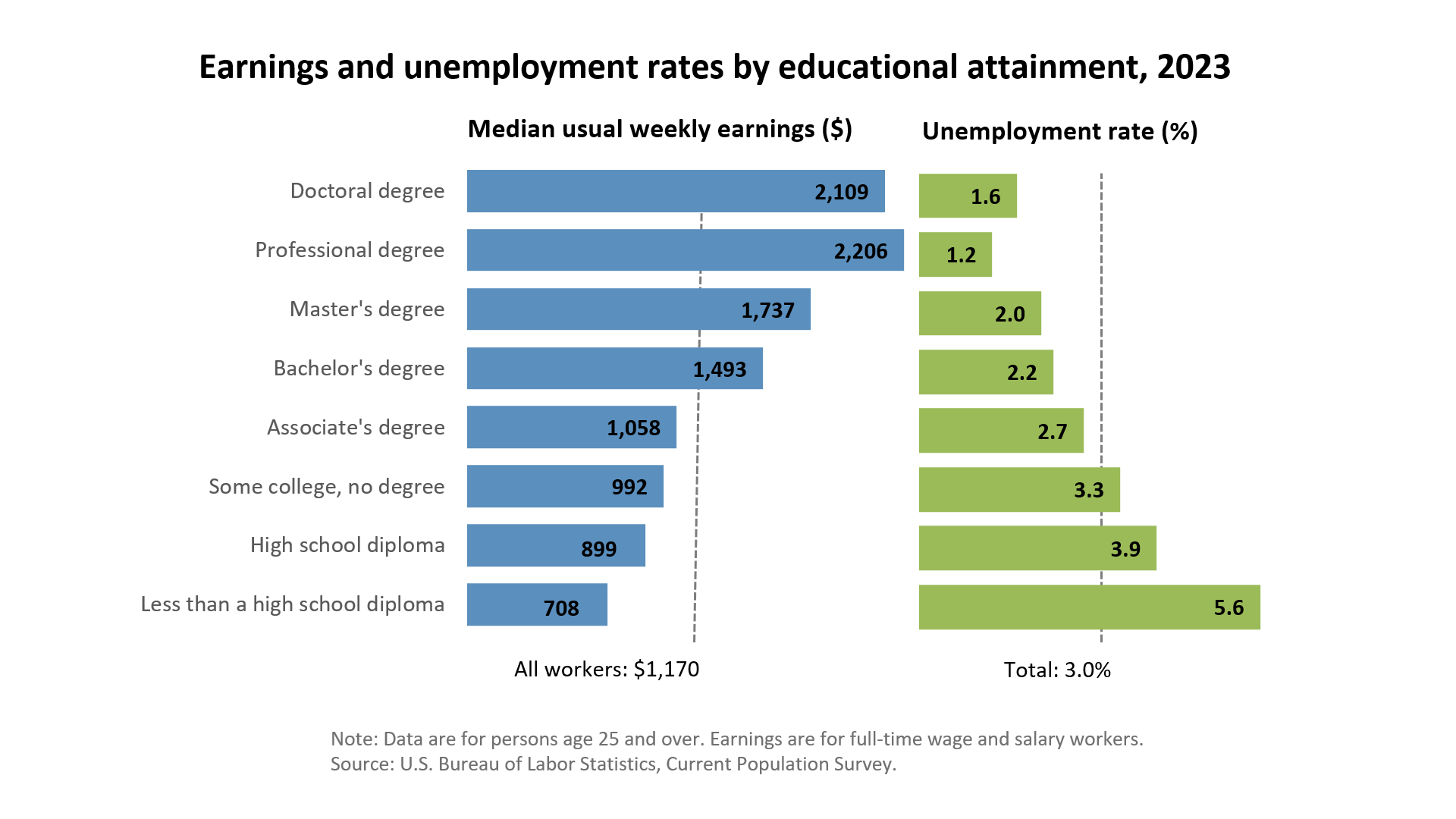Get Matched With Online Colleges
The University of San Diego (USD) is a private, not-for-profit educational institution. Its student population is just under 9,200 and the student-to-faculty ratio is quite good at 14 to 1. Students choosing to attend the University of San Diego will have chosen an institution affiliated with the Roman Catholic Church. Students are also offered campus housing. For students who do choose to live on-campus, the opportunity to take part in activities helps to enrich these students’ lives, allowing them to feel more involved with campus life. As students get to know their way around campus, they may realize that, when they want to, they can relax or study outside.
Search All Programs
Overview of University of San Diego (USD)
As students explore off-campus, they will be able to find plenty of opportunities to relax or find recreational activities, shopping or places to eat in San Diego. The city is large, so students should be able to find plenty of things to entertain them when they aren’t studying at the university.
However, students planning to attend the University of San Diego might want to see what past activities might help them add additional credits to their transcript. Students who took Advanced Placement classes and passed some of the exams may be able to earn extra credit. The same goes for students who took dual credits (taking high school and college classes simultaneously, usually in an early college high school setting).
General Information
| School Type | Private not-for-profit |
|---|---|
| Campus Setting | City: Large |
| Campus Housing | Yes |
| Student Faculty Ratio | 14:1 |
| Graduation Rate | 81% |
| Year Founded | 1949 |

Student Enrollment
Total Students9,181
5,919
3,262
Undergraduate Student
Male 2,604
Female 3,315
Graduate Student
Male 1,435
Female 1,827
Explore Map
Top Rankings For University of San Diego
USD Acceptance Rate and Admissions
APPLICATIONS13,755
ACCEPTANCE6,740
Acceptance Rate49%
Enrollment 1,146
| Admissions | |
|---|---|
| Application Fee | $55 |
| High School GPA | Required |
| High School Rank | Recommended |
| High School Transcripts | Required |
| College Prep Courses | Required |
| Recommendations | Required |
| SAT/ACT | Required |
| TOEFL (Test of English as a Foreign Language) | Required |
| Application Deadline | December 15 |
| Common Application Accepted | Yes |
University of San Diego Tuition Cost & Financial Aid
Families of students attending the University of San Diego have chosen an excellent private university for their students. However, private universities are known for being more expensive than their public counterparts. In this case, tuition, room and board, books, supplies, and other fees and charges bring the entire sticker price up to $70,999.
However, the average net price as of the 2018-2019 school year was only $35,936. How can this be? Well, the net price paid by families indicates the amount of many the average student had left to pay after financial aid is applied to their total. Another statistic schools tend to track is net price by income. This is important because financial aid is made available based on a family’s income. If one family makes significantly less than another, then they may receive significantly more financial aid. At USD in a recent academic year, a family earning between $75,001 and $110,000 paid around $30,369 and families earning more than $110,001 paid around $41,679.
The percentage of first-year students eligible for financial aid in a recent year was 82%. A slightly lower percentage (80%) received an average of $31,109 in grants and scholarships and an average of $28,466 in institutional grants and scholarships.
| Average net price | 2018-2019 |
|---|---|
| Net Price | $35,936 |
| Average Total Aid | $31,109 |
| Students Receiving Financial Aid | 82% |
| Room & Board | $14,126 |
Sticker Price
- Tuition In-State - $51,186
- Tuition Out-of-State - $51,186
- Books and Supplies - $1,970
- Room & Board - $14,126
- Other - $3,717
Academics
Some students’ and their families may be interested in the retention and graduation rates for the university. After all, these can help students make value judgements based on how previous students have fared in attending this university. The retention rate refers to the percentage of freshman students who returned to the university for their second year of school. At the University of San Diego, this is an excellent 92%. The 4-year graduation rate is at or above the average at 66% and the 6-year rate is quite good at 81%.
Sometimes, students realize they have a serious time conflict with one of their classes and a job. If the class is necessary for graduation, students need a way of continuing with the class so that they can graduate on time. Luckily, the university offers distance learning for individual classes (online classes). This means that students can drop the problematic class section and add the online section. Unfortunately, evening classes aren’t offered.
The five most popular degree programs for students at this university are business, management, marketing and related support services; biological and biomedical sciences; social sciences; engineering; and communication, journalism and related programs. While students may ultimately choose a different degree program to major in, this is just a short glimpse at the most popular degree offerings in recent years.
Retention
Rate
4 year
Graduation
Rate
6 year
Graduation
Rate
Student Population Total
Student Population 9,181
5,919
3,262
Most Popular Programs & Majors
(# of Diplomas Awarded by Subject)
| All Business Majors | 566 Total Graduates / 41% |
|---|---|
| Finance, General | 175 Graduates |
| Marketing/Marketing Management, General | 109 Graduates |
| Accounting | 98 Graduates |
| Business Administration and Management, General | 96 Graduates |
| All Biological & Biomedical Majors | 157 Total Graduates / 11% |
| Neuroscience | 83 Graduates |
| Biology/Biological Sciences, General | 43 Graduates |
| Biochemistry | 28 Graduates |
| Biophysics | 2 Graduates |
| All Social Sciences Majors | 142 Total Graduates / 10% |
| Political Science and Government, General | 58 Graduates |
| International Relations and Affairs | 33 Graduates |
| Sociology | 30 Graduates |
| Economics, General | 14 Graduates |
| All Engineering Majors | 126 Total Graduates / 9% |
| Mechanical Engineering | 76 Graduates |
| Industrial Engineering | 25 Graduates |
| Electrical and Electronics Engineering | 21 Graduates |
| Engineering, General | 4 Graduates |
| Communication, Journalism, and Related Programs | 103 Total Graduates / 8% |
| Communication, General | 103 Graduates |
| All Other Diplomas | 30% |
Outcome & Salary
Graduates of the University of San Diego should have the opportunity to find an excellent career. Graduates earn early-career salaries averaging $60,200, while their mid-career salaries average closer to $115,700.
The average four-year cost of education for a University of San Diego graduate is $143,744, which affects their return on investment (ROI). Based on those salary numbers we mentioned, their 10-year salary earnings potential is $751,830 and their 20-year earnings potential is $1,908,830. After subtracting the average four-year cost of education, this gives graduates a 10-year projected ROI of $808,086 and a 20-year ROI of $1,765,086.
High school graduates going straight to work have a national average salary of $38,792. Their 10-year projected income is $387,920 and their 20-year projected income is $775,840.
| Graduates Salary | |
|---|---|
| College Grads Early Career Salary | $60,200 |
| College Grads Average Salary | $75,183 |
| College Grads Mid Career Salary | $115,700 |
| Return on Investment (ROI) | |
|---|---|
| 10 Year Salary Earnings Potential | $751,830 |
| 20 Year Salary Earnings Potential | $1,908,830 |
| Cost of Education (Net Price) 4 Year | $143,744 |
| 10 Year Projected ROI | $608,086 |
| 20 Year Projected ROI | $1,765,086 |
| No College Education Salary Comparison | |
|---|---|
| National Average Salary | $38,792 |
| 10 Year Projected Income | $387,920 |
| 20 Year Projected Income | $775,840 |

Photos & Videos
sources:
Related Top College Resources



















